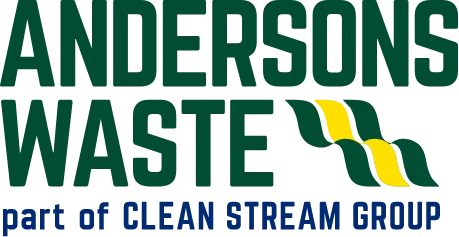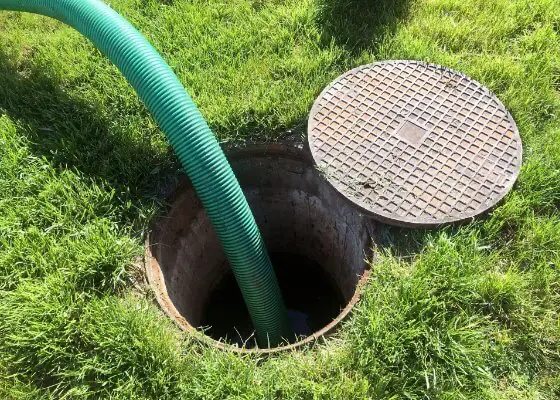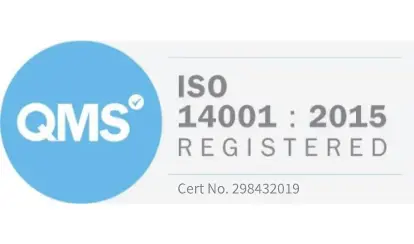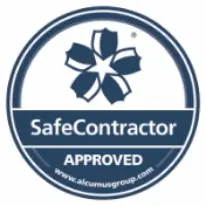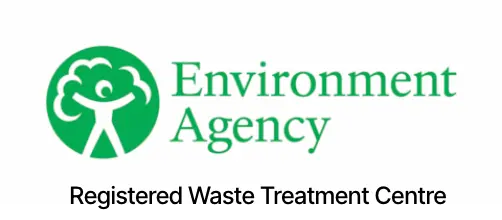
How to Protect Your Business and the Environment
Oil Interceptor Maintenance: A Legal, Environmental and Operational Imperative
For businesses operating in sectors where oil, fuel or hydrocarbons are present, whether through vehicle wash bays, forecourts, industrial yards or commercial garages, an oil interceptor is not just a piece of equipment. It’s a legal safeguard, an environmental protector, and a reputational shield. Yet, when oil interceptor maintenance is overlooked, the consequences can be severe and far-reaching.
Oil interceptors are designed to prevent harmful substances from entering the public drainage system and polluting local watercourses. When properly maintained, they quietly protect your business from pollution incidents. But when servicing is neglected, they become a liability, one that can trigger legal action, environmental damage, and financial loss.
Legal Regulations Governing Oil Interceptor Maintenance
In the UK, businesses are subject to a range of environmental laws and standards that govern the installation, operation and maintenance of oil interceptors.
These include:
- The Environmental Permitting (England and Wales) Regulations 2016
- Pollution Prevention and Control Act 1999
- Control of Pollution (Oil Storage) Regulations
- BS EN 858-2:2003: the British Standard for separator systems for light liquids
- GPP3 Guidance: best practice for the use and maintenance of oil separators
These regulations require businesses to:
- Conduct inspections every six months
- Ensure high-level alarms or automatic warning systems are operational
- Perform five-year integrity testing
- Maintain clear, up-to-date maintenance records
- Respond immediately to any oil spill or alarm activation
Failure to comply with these obligations is not merely a technical oversight, it is a breach of environmental law.
Oil Interceptor Spill: Legal Proceedings and Penalties
If an oil interceptor spill occurs due to poor maintenance, the Environment Agency (EA) or relevant regulator will investigate. They will examine whether legal standards were followed and whether good practice was implemented.
If negligence is found, businesses may face:
- Unlimited fines
- Imprisonment of up to five years
- Civil claims for clean-up costs and damages
- Enforcement notices requiring remedial action
- Insurance complications and increased premiums
- Loss of contracts and reputational damage
In short, non-compliance is a risk your business cannot afford to take.
Environmental and Reputational Impact of Poor Maintenance
Beyond the courtroom, the environmental consequences of an oil interceptor spill are significant. Oil entering rivers, streams or groundwater can devastate ecosystems, harm wildlife, and contaminate drinking water sources. For businesses committed to sustainability and corporate responsibility, such incidents undermine credibility and public trust.
Reputationally, a pollution event can be catastrophic. News of environmental breaches spreads quickly, and stakeholders, from customers to regulators, expect transparency and accountability. Maintaining your oil interceptor is not just about avoiding fines; it’s about demonstrating your commitment to ethical operations.
Oil Interceptor Service: What Businesses Must Do
To remain compliant and protect both the environment and your operations, a regular oil interceptor service schedule is essential. This includes:
- Routine inspections by qualified professionals
- Emptying and cleaning of the interceptor to remove built-up oil and sludge
- Testing and calibration of alarms and shut-off systems
- Maintaining accurate service records for audit readiness
- Prompt response to any spill or system alert
These steps are not optional; they are part of your duty of care under UK environmental law.
How Andersons Waste Management Supports Safe Oil Interceptor Maintenance
At Andersons Waste Management, we specialise in oil interceptor maintenance across Bristol, Swindon, Cardiff, Newport, Gloucester and surrounding areas. Our expert team provides a comprehensive oil interceptor service that ensures your system remains in safe working order and fully compliant with environmental regulations.
Here’s how we help:
- Initial site assessment to determine your system’s needs
- Scheduled servicing tailored to your operational demands
- Safe removal and disposal of oil and sludge at our licensed treatment facility in Avonmouth
- Consignment notes and service logs provided for your records
- Emergency response in the event of a spill or alarm activation
Our modern fleet of vacuum tankers and our own liquid waste treatment facility mean we offer an end-to-end solution that is both cost-effective and environmentally responsible.
Avoiding an Oil Interceptor Spill Starts with a Call to Andersons
Whether you’re managing a busy forecourt, a commercial garage, or an industrial site, regular oil interceptor maintenance is not just good practice, it’s a legal and environmental necessity.
Andersons Waste Management is here to make that process seamless, reliable and fully compliant.
To arrange your oil interceptor service or discuss a tailored maintenance plan, contact our team on 01454 222 888 or visit Andersons Waste Management for more information.
Let’s keep your business clean, compliant and environmentally sound, because prevention is always better than cure.
Further reading on Hazardous Waste.
